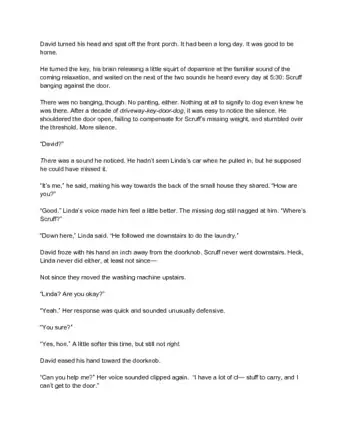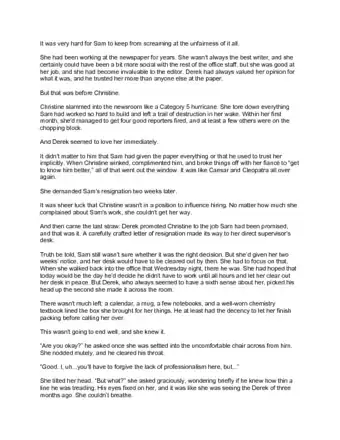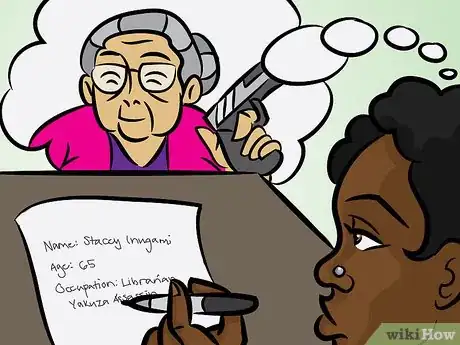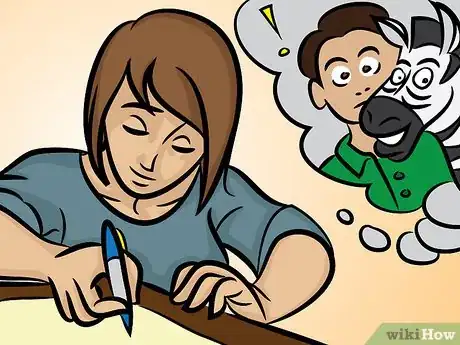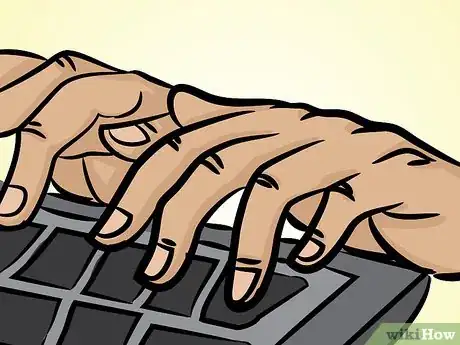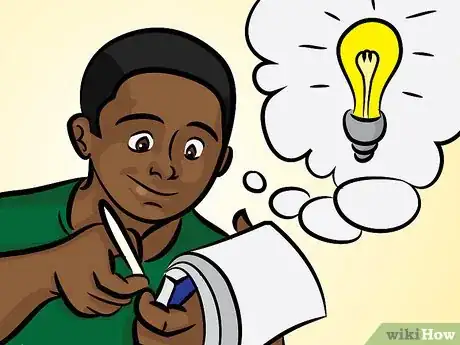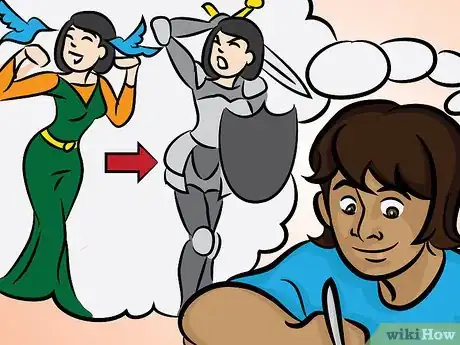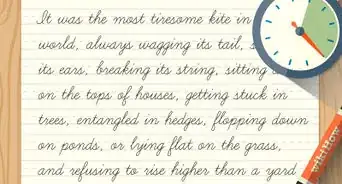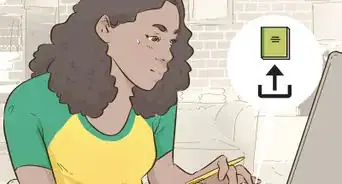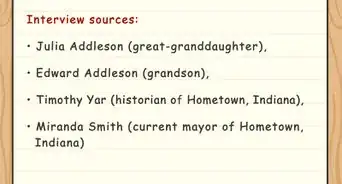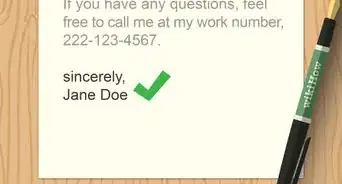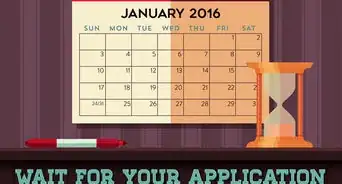This article was co-authored by Lucy V. Hay. Lucy V. Hay is a Professional Writer based in London, England. With over 20 years of industry experience, Lucy is an author, script editor, and award-winning blogger who helps other writers through writing workshops, courses, and her blog Bang2Write. Lucy is the producer of two British thrillers, and Bang2Write has appeared in the Top 100 round-ups for Writer’s Digest & The Write Life and is a UK Blog Awards Finalist and Feedspot’s #1 Screenwriting blog in the UK. She received a B.A. in Scriptwriting for Film & Television from Bournemouth University.
wikiHow marks an article as reader-approved once it receives enough positive feedback. In this case, 83% of readers who voted found the article helpful, earning it our reader-approved status.
This article has been viewed 183,850 times.
As writers, we all want to draw readers in by writing and creating interesting stories. We want them to "ooh" and "ahh" on how amazing our stories are. Read this article to learn how to achieve this goal.
Steps
Writing Your Own Story
-
1Pick a plot that you thought of and decide if it interests you or not. Or you could pick a common topic that's regularly associated with the public, like "mean" cliques in middle school or a "Cinderella" like story, and add a twist to it. Just make sure that people will not be annoyed by that. Another method that works is to pick a few key words of the theme your story will be and write them down. For example, a few words of the theme of your story could be "scary", "horror", and "terrifying". It's basically the mood of your story, the theme of it and what "feeling" it sets off to your readers.
- Try to come up with a concept for your story. For example, the concept of Jurassic Park is cloned dinosaurs wreaking havoc on an island. A concept is simple but easy for people to understand. Having a solid concept can help you flesh out the plot of your story.[1]
-
2Know the age group for your story. If you want to base your story towards younger people, write about youthful topics. If your age group is based towards older people, it is better to write about more mature topics. Don't write about callow topics if you're basing your story towards older people. However, keep in mind, some older people do like younger story topics.Advertisement
-
3Create the characters. Make sure the characters relate to your story and try to mix it up a little. Like you could have a bizarre character be in a professional business. You can write a whole profile for your characters, or you could just keep it simple by just writing their name, age, and maybe a small description. Give them a unique name. Give them an unexpected personality. Just don't overdo it or readers will be confused.
- Try to avoid stereotypes and characters that have been done to death. Diversifying your characters and challenging stereotypes will make your story more interesting to readers.[2]
-
4Start to create your story. This plot could be anything, from talking zebras to upwards gravity, anything. Make it interesting and unique. Make up a topic that was never used before. That may sound hard, but it's really not. Pick a random scene with a unique topic and plot. It's really important to make sure it interests you.
-
5Type your story or write it.
Getting Inspired
-
1Write from experience. Write about something that means something to you; there's no point writing about something you have never experienced or know nothing about. Make it relatable to you; after all, a good story comes from the heart.
-
2Keep paper handy. Always keep a notepad and write words/phrases that inspire you.
-
3Bring the characters to life. Give the characters interesting characteristics and make them relatable to you. They could be a person you know or a person you have imagined.
-
4Give the characters depth. Have the characters change, just like people do in real life. As the story unwinds put the characters in different situations that shows a different side to them.
-
5Make it unique. Don't go for the same plot and ending. Be unique make your story end in an unpredictable way.
Community Q&A
-
QuestionWhat can I do if I am not getting a good story plot?
 Community AnswerDump out all of your thoughts on a piece of paper. Don't go back and look at any of it until you're done. There might be a good idea in there that you may have missed. If that doesn't work, read. That may seem counterproductive, but you may get unique ideas from your favorite authors. Don't copy them though. That's called plagiarism and you could get into serious legal trouble if you do that and try to get it published.
Community AnswerDump out all of your thoughts on a piece of paper. Don't go back and look at any of it until you're done. There might be a good idea in there that you may have missed. If that doesn't work, read. That may seem counterproductive, but you may get unique ideas from your favorite authors. Don't copy them though. That's called plagiarism and you could get into serious legal trouble if you do that and try to get it published. -
QuestionI already have a story but I feel like no one is interested in it. How should I improve it?
 Community AnswerGet advice from readers. Show you're story to a few family members or close friends, and have them give you advice on what's good and what can be improved.
Community AnswerGet advice from readers. Show you're story to a few family members or close friends, and have them give you advice on what's good and what can be improved. -
QuestionHow would I write a story on the spot?
 Community AnswerTry writing a story about something that happened to you or someone you know. Just start writing about it as if you were telling a friend.
Community AnswerTry writing a story about something that happened to you or someone you know. Just start writing about it as if you were telling a friend.
Warnings
- Don't plagiarize or copy another one's idea or story.⧼thumbs_response⧽
- If you feel it is forceful work and you don't enjoy writing your story, don't do it. Only do it if you really want to and you enjoy writing.⧼thumbs_response⧽
- Don't use overused, clichéd topics. If you do, add an effective twist to it.⧼thumbs_response⧽
Things You'll Need
- A computer or a notebook.
- Something to write with, like a pen or a pencil.
